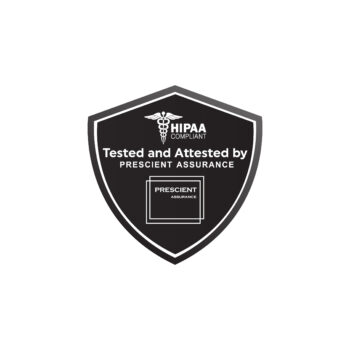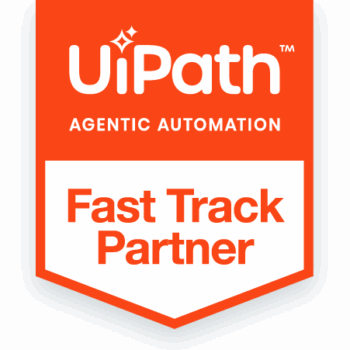
Trusting Robotic Process Automation (RPA)
Robotic Process Automation (RPA) has revolutionized business processes by automating repetitive tasks, reducing errors, and improving efficiency. However, trust in RPA remains a critical factor for successful adoption. Here are key considerations:
1. Reliability and Accuracy:
- RPA bots execute tasks consistently, but their reliability depends on robust design and testing. Regular monitoring ensures accuracy.
- Transparency in bot behavior builds trust. Documenting processes and providing audit trails enhance accountability. CampTek provides output sheets that can reflect each transaction or patient with details.
2. Security and Compliance:
- RPA systems handle sensitive data. Ensuring data security is paramount.
- Compliance with regulations (e.g., GDPR, HIPAA) is essential. Regular security assessments and access controls are vital.
3. Human Oversight and Collaboration:
- RPA complements human work. Humans oversee bots, handle exceptions, and make judgment calls.
- Collaboration between Process Owners, CampTek Project teams and Support teams fosters trust. Clear communication about RPA’s role is crucial.
4. Scalability and Adaptability:
- Trust grows when RPA scales seamlessly. Design for scalability and consider future needs.
- Adaptability to changing processes and technologies ensures long-term trust.
5. Continuous Improvement:
- Regularly assess RPA performance and address issues promptly.
- Learning from failures and iterating on RPA processes builds confidence.
Trust in RPA is a collaborative effort. When organizations prioritize reliability, security, transparency, and adaptability, RPA becomes a trusted ally in streamlining operations.
Written by: Katie Roscia, Executive Assistant




